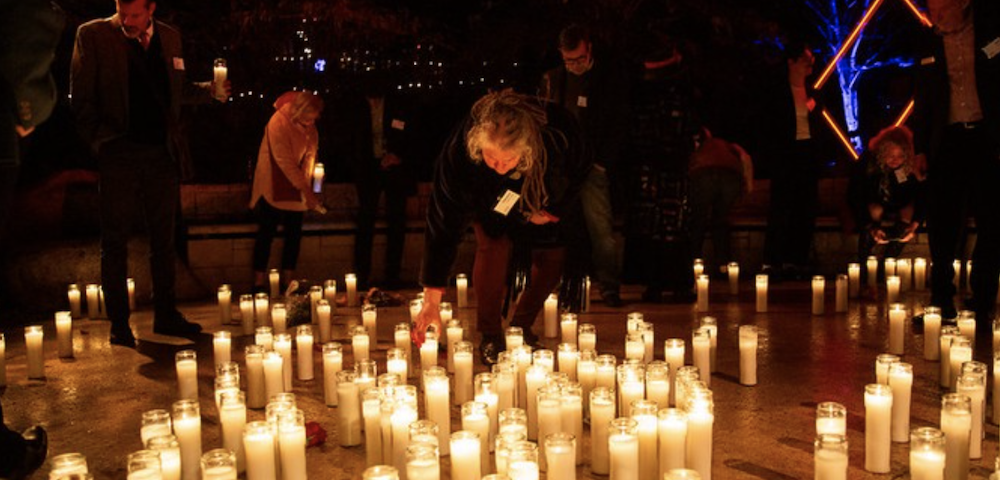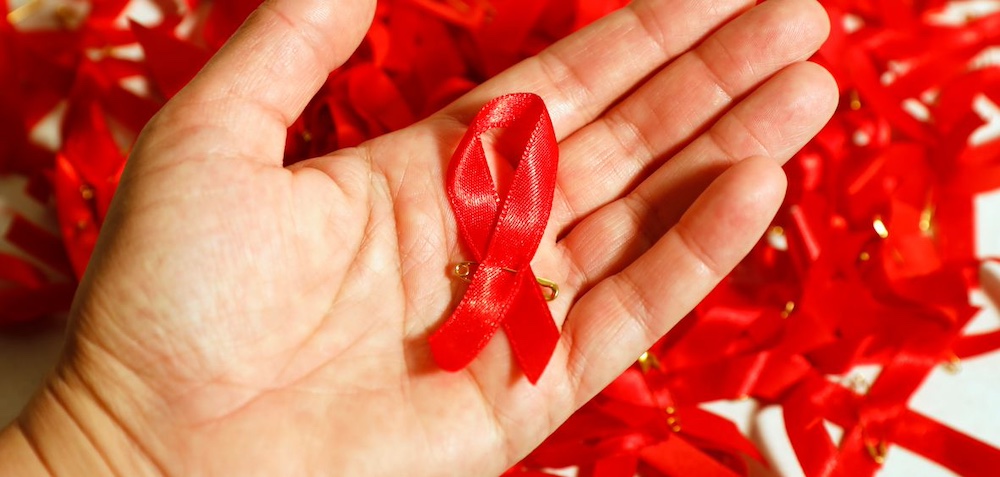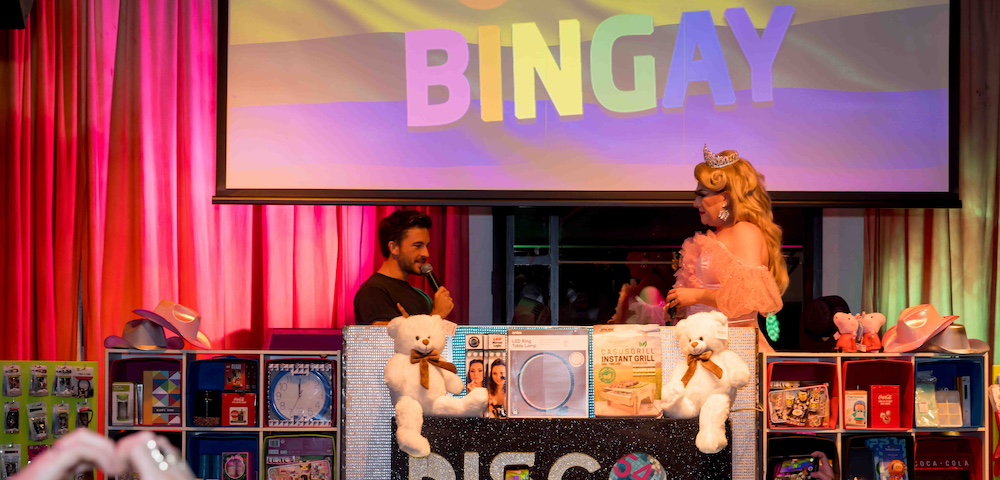
Discrimination, violence against LGBTIQ+ remain prevalent in Australia: Report
Four years after Australia recognised same sex marriages, discrimination against LGBTIQ+ persons remain prevalent, a new report has said. The report, endorsed by 202 NGOs across the country, has vehemently argued against enacting the proposed Religious Discrimination Bill.
‘Australia’s Human Rights Scorecard: Australia’s 2020 United Nations UPR NGO Coalition Report’ was prepared in collaboration with human rights activists. The report has called on the Australian government to “to strengthen its commitment to human rights in its laws, policies and practices” in the midst of the COVID-19 crisis.
“The human rights that many Australians have taken for granted are suddenly front and centre in public consciousness – essential rights like healthcare and education are coming under enormous strain and structural economic inequalities will hit disadvantaged communities hard. This report provides a snapshot of the existing problems and is a stark reminder that Australians will not face this pandemic on equal footings,” said Edwina MacDonald, Legal Director at the Human Rights Law Centre, one of the coordinators of the report.
LGBTIQ+ Communities
The report acknowledges the strides made by Australia with regard to its treatment of LGBTIQ+ communities, but adds that systemic problems remain to be redressed.
“Since 2016, Australia has recognised marriages between two people regardless of gender. States have amended laws to make it easier for legal gender to be changed, to allow adoption by couples regardless of gender, and to expunge convictions for historical homosexual offences. Some states may soon prevent so-called ‘conversion’ practices which seek to eliminate or suppress the affirmation of lesbian, gay, bisexual and transgender identities. Despite such reforms (and sometimes accompanying them), discrimination, harassment and violence on the grounds of sexual orientation, gender identity and expression, and bodily variations in sex characteristics, remain prevalent,” the report said.
The report has sought that the government should undertake the following steps within 18 months:
- Advance reforms in remaining states which impose unjust hurdles (including requirements for surgery) on people seeking official identity documents reflecting their gender
- Implement recommendations on ending harmful practices (including forced and coercive medical interventions) to ensure the bodily integrity of children with intersex variations.
- Ensure access to redress, independent affirmative peer support and psychosocial support for people with intersex variations and their families.\
- Capture Sexual Orientation, Gender Identity and Expression, and Sex Characteristics (SOGIESC) data in its 2021 national census and other significant collections to provide a robust evidence-base for future public policy and government interventions.
- Implement effective measures to reduce SOGIESC-based bullying, harassment and violence, particularly targeted at youth.
Equality Act, not Religious Discrimination Bill
The report has said that Australia must enact a comprehensive Equality Act, and not enact the proposed Religious Discrimination Bill. “The proposed Bill goes far beyond protecting against religious discrimination and provides people and faith-based institutions with a licence to discriminate on religious grounds, including when delivering healthcare. The Bill privileges religious views over patient health needs, and removes existing anti-discrimination protections, including for women, people with disabilities, SOGIESC, and people from minority faiths,” it stated.
COVID-19 and vulnerable communities
The COVID-19 related humanitarian crisis is likely to remain the focus in the coming months and the NGOs who have contributed to the report have said they will monitor the impact on vulnerable communities. “Over the coming months, we will prepare an update to this Report to address the human rights implications of Australia’s response to the COVID-19 crisis. In particular, we are concerned about the impact that Australia’s response to the COVID-19 crisis will have immediately and into the future, on Aboriginal and Torres Strait Islander Peoples, Refugees and Asylum Seekers, People with disabilities, Older people, People from culturally and linguistically diverse communities, Women, especially women victims of domestic and family violence, People in prison, People experiencing poverty and People experiencing, and at risk of, homelessness,” the report said.
“We are most concerned about people experiencing multiple intersecting disadvantages, which we document throughout the Report. We hold significant concerns about the impact for Aboriginal and Torres Strait Islander Peoples who already experience structural health disadvantages and often live in overcrowded, precarious or unsuitable housing, as well as people with disabilities, especially those who are held in closed environments and prisons. We fear for women and children’s safety with increasing isolation from communities and schools,” the report added.
Download the report here.









